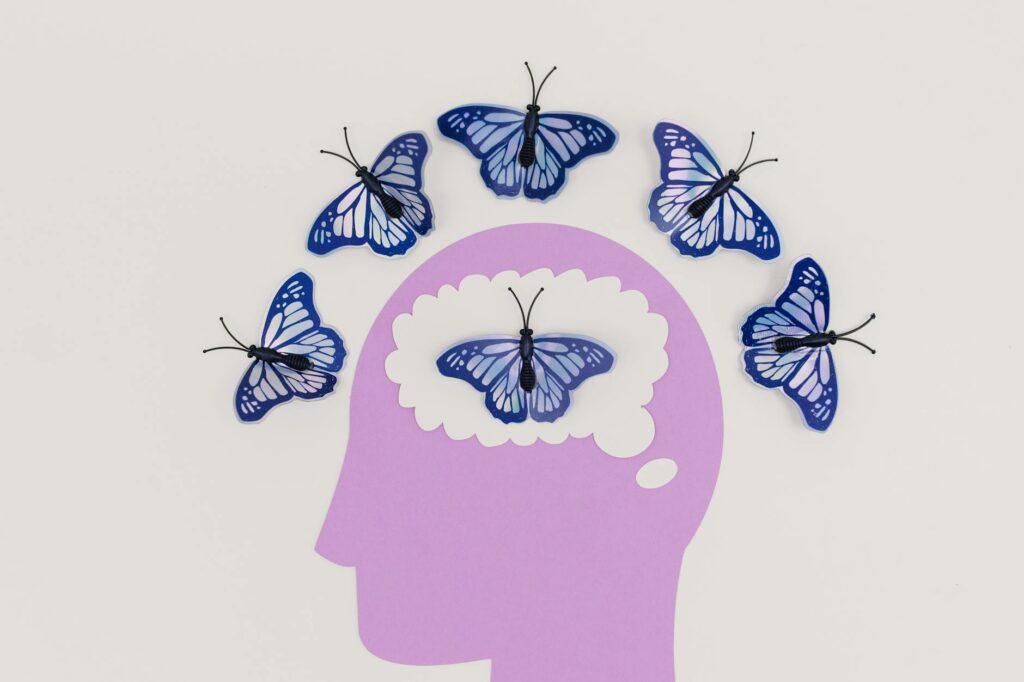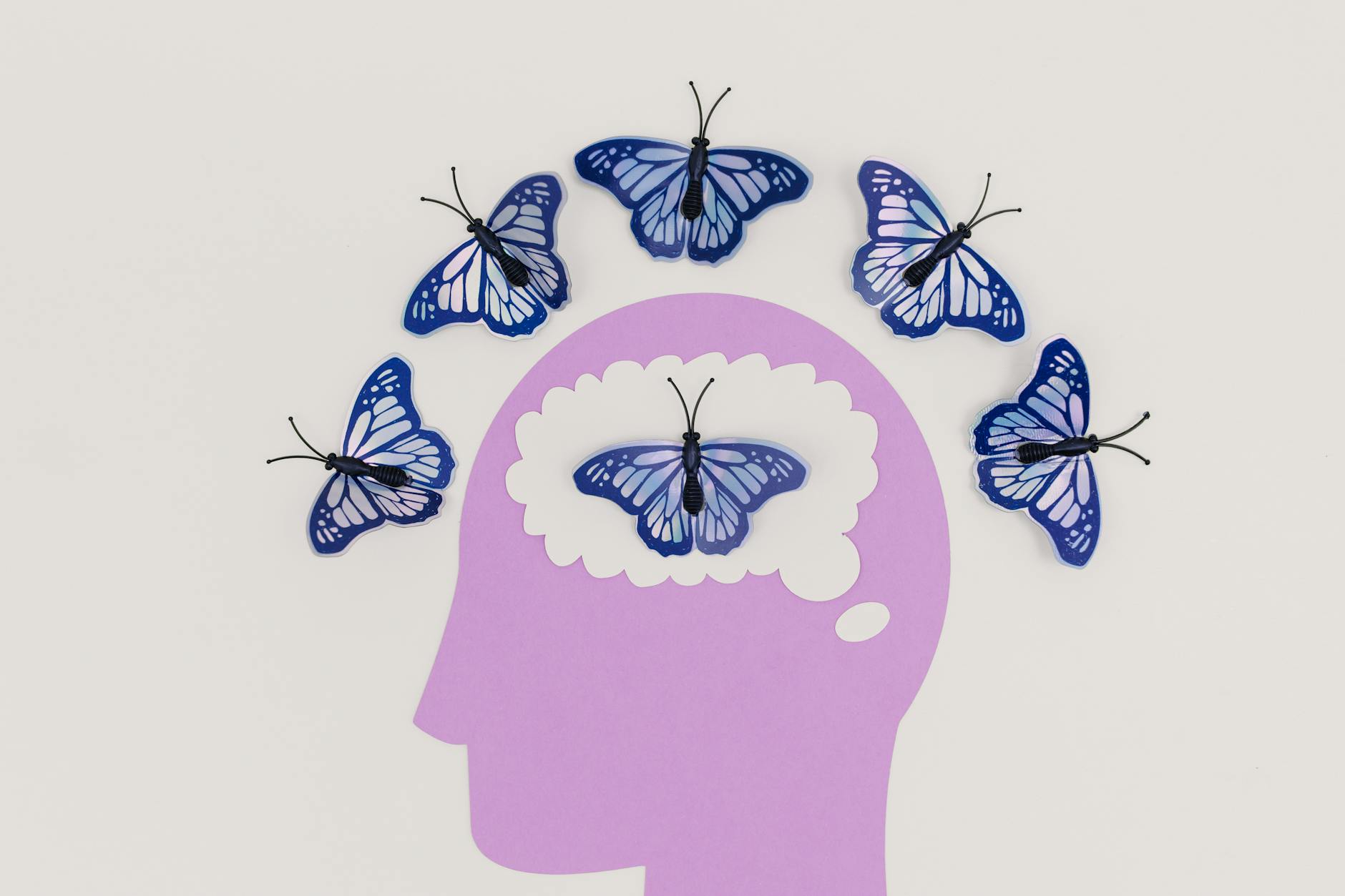What is cognitive behavioural therapy?

What is cognitive behavioural therapy?
Cognitive behavioural therapy (CBT) is a widely recognized psychological treatment designed to help individuals identify and change their thinking patterns and behaviors. This approach has gained significant attention due to its effectiveness in improving mental health and enhancing productivity across various aspects of life. Whether you’re wrestling with anxiety, trying to cultivate better habits, or looking to enhance your overall well-being, understanding CBT can be a valuable tool.
Understanding Cognitive Behavioural Therapy
At its core, cognitive behavioural therapy operates on the principle that our thoughts, feelings, and actions are interconnected. When we change our thinking patterns, we can influence our emotions and behaviors, leading to healthier outcomes.
Theoretical Background of CBT
CBT is founded on two central theories: cognitive theory and behavioral theory. Cognitive theory posits that distorted thoughts can lead to negative emotions and behaviors. For example, if you believe you’re not capable of succeeding at a task, that thought can lead to feelings of anxiety and ultimately, inaction. Behavioral theory, on the other hand, emphasizes that behaviors can be modified through learning experiences. By applying these theories, CBT helps individuals recognize harmful thought patterns and replace them with healthier ones.
Key Components of CBT
The effectiveness of cognitive behavioural therapy lies in its structured approach. Some key components include:
-
Cognitive Restructuring: This involves identifying negative thought patterns and challenging their validity. You may be asked to keep a thought diary to track these thoughts and the emotions they evoke.
-
Behavioral Activation: This technique encourages individuals to engage in activities that can improve their mood and reduce negative feelings. It might involve creating a list of enjoyable activities and incorporating them into your daily routine.
-
Skills Training: CBT often includes teaching practical skills, such as problem-solving techniques or stress management strategies, to help individuals cope with life’s challenges more effectively.
Applications of Cognitive Behavioural Therapy
CBT is versatile and can be applied in various contexts, making it a valuable resource for many individuals.
CBT for Mental Health Disorders
Cognitive behavioural therapy is particularly effective for treating mental health disorders, including anxiety, depression, and post-traumatic stress disorder (PTSD). Research has demonstrated that CBT can significantly improve functioning and quality of life for those struggling with these conditions. It helps individuals recognize their triggers, develop coping strategies, and ultimately reshape their mental landscape. For more information on how CBT is applied in mental health, you can refer to resources from the Mayo Clinic.
CBT in Everyday Life
Beyond clinical settings, CBT techniques can be beneficial for personal development. Individuals can apply these methods to enhance work-life balance and productivity. By recognizing negative self-talk or unproductive behaviors, you can take proactive steps towards improvement, whether it’s through time management techniques or fostering positive relationships.

Photo by Tara Winstead
Benefits of Cognitive Behavioural Therapy
The advantages of adopting cognitive behavioural therapy techniques are numerous, impacting emotional regulation, productivity, and overall quality of life.
Improving Emotional Regulation
CBT equips individuals with tools to manage their emotions more effectively. By learning to identify and challenge negative thought patterns, you can reduce stress and anxiety, leading to improved emotional resilience. This process allows you to respond to challenges in a more balanced manner, fostering a sense of control over your feelings.
Enhancing Productivity
Applying CBT strategies can lead to better time management and personal effectiveness. For instance, by restructuring your thoughts around procrastination, you can break tasks into smaller, manageable steps, making it easier to take action. This approach not only boosts your productivity but also enhances your overall satisfaction with your accomplishments.
Getting Started with Cognitive Behavioural Therapy
If you’re interested in exploring cognitive behavioural therapy, there are several steps you can take to begin your journey.
Finding a Therapist
One of the most effective ways to start with CBT is to seek a qualified therapist. A professional can guide you through the process, providing tailored strategies that suit your unique needs. Look for therapists who specialize in CBT, as their expertise will enhance your experience.
Self-Help Techniques
You don’t have to wait for therapy sessions to begin using CBT principles. There are various self-help resources available, such as workbooks and online courses, that introduce CBT techniques. Simple exercises, like keeping a thought record or practicing mindfulness, can facilitate the application of CBT principles in your daily life.
Conclusion
Cognitive behavioural therapy is a powerful tool for personal growth and productivity enhancement. By understanding its principles and applications, you can take significant steps towards improving your mental health and overall well-being. Whether through professional guidance or self-help techniques, incorporating CBT into your life may offer you the clarity and resilience needed to navigate challenges and achieve your goals. As you consider the benefits of cognitive behavioural therapy, think about how these strategies can help you create a more fulfilling and productive life.